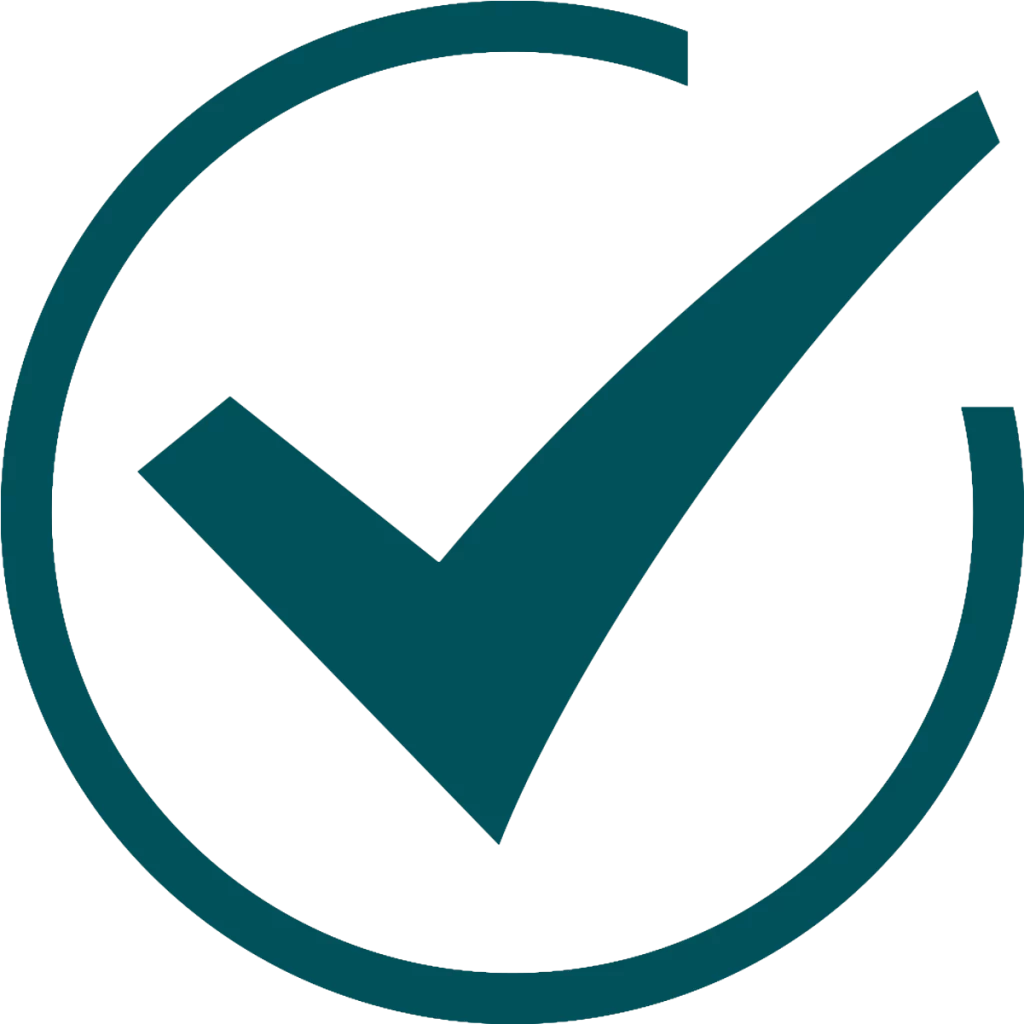FAQs
Why should I choose Young Academics for my child’s early learning education and care?
Young Academics is one of New South Wales’ leading early childhood education and care providers. What makes us unique and the best choice for your child’s early learning journey is our:
- Family Feel – we are family-owned, and our family-focused approach is reflected in all aspects of our care. From the relationships with our children, families, educators and wider team, we aim to nurture and grow all within our network.
- World Class Resources – from our purpose-built facilities to our intentionally-selected equipment and our most valuable resource – our industry-leading educators – we provide our families with quality care and education that is integral to the early years of a child’s development.
- Expertly Created Programs – including our signature Evolution Program (0-3 years), Transition to School Programs (3-5 years), and Nutrition Program with in-house cooks preparing five delicious dietitian approved meals daily. Our approach sets the foundation for positive lifelong social, physical and academic benefits for our children.
- Focus on Community – our commitment to create a nurturing community-like environment within our centres, while always striving to positively contribute to our wider communities, has resulted in Young Academics’ exceptional reputation among families, employees and communities.
What are the daily fees for a Young Academics centre?
Our fees range across our network of 20 centres and differ according to age groups (Infants 0-2, Toddlers 2-3 and Preschoolers 3-5). Visit our individual Location pages to see the specific daily fee for your child’s age group at your local centre.
Can I claim the Child Care Subsidy (CCS) on Young Academics fees?
Visit our Child Care Subsidy page for detailed information and a step-by-step guide on how to claim.
How do you monitor my child’s development?
Each month, our expert educators plan specific learning experiences to help your child reach goals that will align with key milestones within the Transition to School program. Parents are kept up to date on their child’s progress through regular informal evenings where they can speak one-on-one with their child’s educators. Every six months, our educators assess your child’s progress and provide feedback in a formal developmental summary against their goals.
How does the Transition to School Program prepare my child for school?
Our Transition to School program is designed to support children to develop foundational skills, providing a fluid transition into Early Stage One of the Australian School Curriculum.
How are families involved in their children’s learning?
Young Academics believes in inviting families to be partners in their child’s learning through enriching communication and providing experiences to extend learning at home.
What is the National Quality Framework (NQF)?
The National Quality Framework is the agreement to provide better quality of educational services to children. It includes seven quality areas that are important outcomes for children including:
- Educational program and practice
- Children’s health and safety
- Staffing and arrangements
- Relationships with children
- Governance and leadership
- Collaborative partnerships with families and communities
- Physical environment
What is the Early Years Learning Framework (EYLF)?
The Early Years Learning Framework is part of the Australian National Quality Framework for early childhood education and care, and describes the principles, practices and outcomes essential to your child’s learning from birth to five years of age, as well as their transition to school.
The framework has a strong emphasis on play-based learning, recognising the importance of communication and language (including early literacy and numeracy) and social and emotional development. There are five learning outcomes defined by the EYLF:
- Children have a strong sense of identity
- Children are connected with and contribute to their world
- Children have a strong sense of wellbeing
- Children are confident and involved learners
- Children are effective communicators
What is Play-Based Learning?
Play-based learning is a type of early childhood education based on child-led and open-ended play. Play-based learning allows children to learn through exploration, developing and practicing language and physical skills and experimenting with new ideas. Children build confidence, express themselves creatively, and develop their sense of self and identity.
resources
nurture and grow with all in our network.



